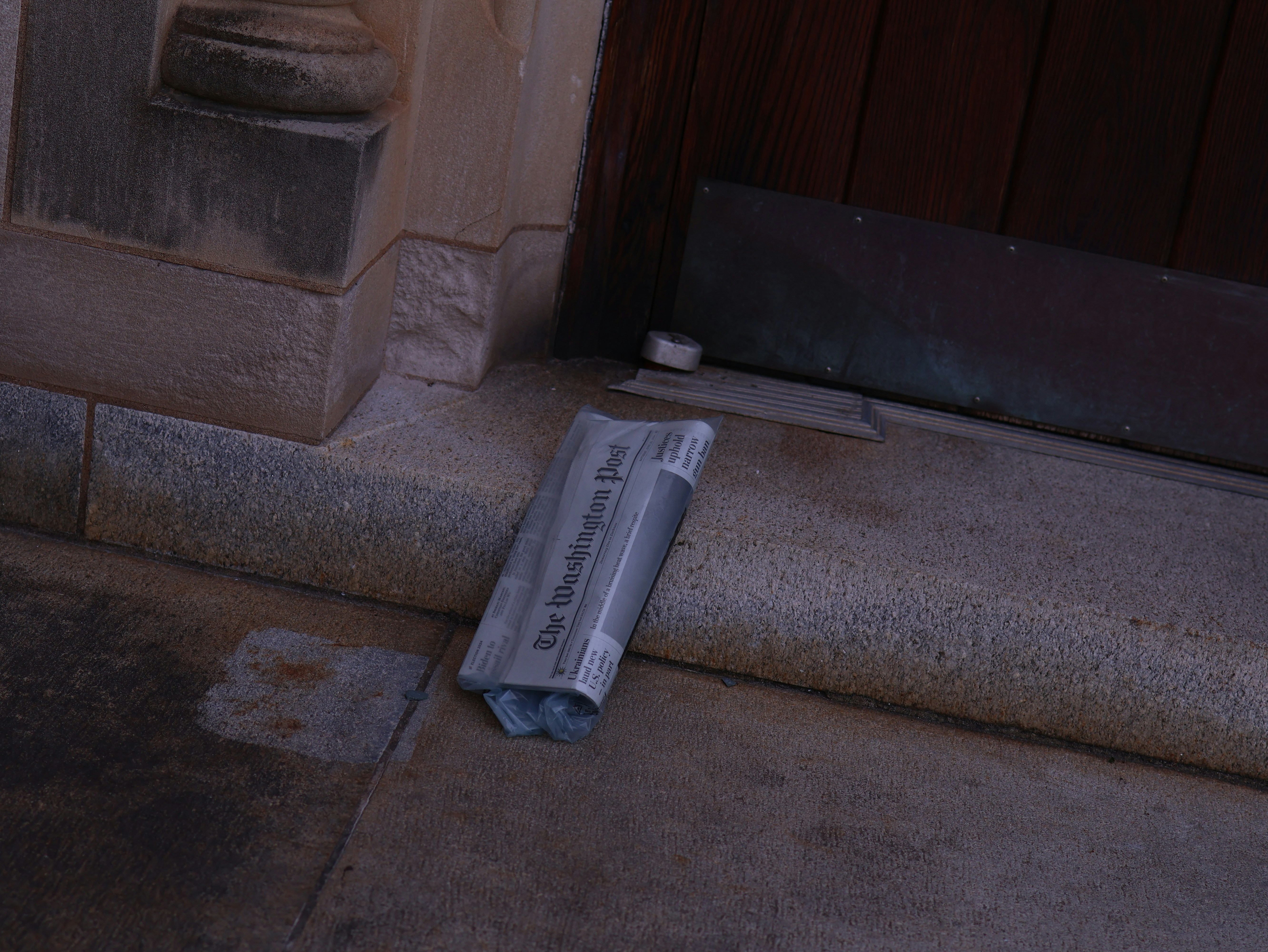Chess.com Data Breach Lawsuit Investigation
Did you receive a data breach notice from Chess.com? Your personal information may already be in the wrong hands. Act now to understand what happened and learn whether you qualify for financial compensation.
Download Breach Notice (PDF)What Happened?
Chess.com, the world’s largest online chess platform, reported that an unauthorized party gained access to data housed in a third-party file-transfer application between June 5 – 18, 2025. The company discovered suspicious activity on June 19, 2025 and immediately launched an internal investigation.
During its review, Chess.com confirmed that sensitive user information was likely viewed and acquired. On September 3, 2025, the company started mailing breach notification letters to impacted individuals—more than 4,500 people in total.
What Information Was Exposed?
While Chess.com has not released a full list of compromised data fields, state law defines “personal information” broadly. According to regulatory guidelines, the breach could include one or more of the following:
- Full name
- Social Security number
- Driver’s license or state ID number
- Financial account or payment card numbers (with or without access codes)
- Account usernames, passwords, or PINs
Key Dates
- June 5 – 18, 2025: Unauthorized access window
- June 19, 2025: Intrusion discovered
- September 3, 2025: Notification letters mailed
Complimentary Credit Monitoring
The notification letter offers affected users free credit-monitoring services. Enrolling quickly can help detect fraudulent activity early, but it does not compensate you for time, stress, or out-of-pocket losses stemming from the breach.
Your Legal Options
If your information was compromised, you may be eligible to join a data breach lawsuit seeking:
- Reimbursement for identity-theft related expenses
- Compensation for time spent dealing with fraud alerts or credit freezes
- Enhanced credit and identity-protection services
- Potential statutory or punitive damages where applicable
Time limits apply. Consult an experienced data-privacy attorney to preserve your rights.
Protect Yourself Now
1. Activate Credit Monitoring
Use the activation code in your letter as soon as possible.
2. Place Free Fraud Alerts
Contact one of the three major credit bureaus—Experian, TransUnion, or Equifax—to add a one-year fraud alert.
3. Review Account Statements
Check bank and credit-card statements for unfamiliar transactions and dispute any you did not authorize.
4. Consider a Credit Freeze
A freeze restricts new credit inquiries and is free in all 50 states.
5. Change Reused Passwords
If you use the same credentials on multiple sites, update them with strong, unique passwords and enable multi-factor authentication when possible.
Frequently Asked Questions
How do I know if I’m part of the Chess.com breach?
If you received an official notification letter dated September 3, 2025, your data was likely exposed. You can also call Chess.com’s hotline listed in the letter for confirmation.
What should I do if my Social Security number was leaked in the Chess.com data breach?
Immediately place fraud alerts, monitor your credit, and consider filing an Identity Theft Affidavit with the FTC if you detect suspicious activity.
Can I sue Chess.com for the data breach?
Potentially. Affected users may be entitled to monetary damages if Chess.com failed to implement reasonable cybersecurity controls. Speaking with a qualified attorney will clarify your eligibility.
Is the free credit monitoring from Chess.com enough protection?
It’s a useful first step, but not a complete safeguard. Combining monitoring with fraud alerts, password updates, and legal consultation offers stronger protection.
How long will the Chess.com data breach investigation take?
Internal investigations can last months. Regulators and courts may examine Chess.com’s response for years. Stay informed through official updates and legal counsel.
Attorney Advertising. Prior results do not guarantee a similar outcome.







